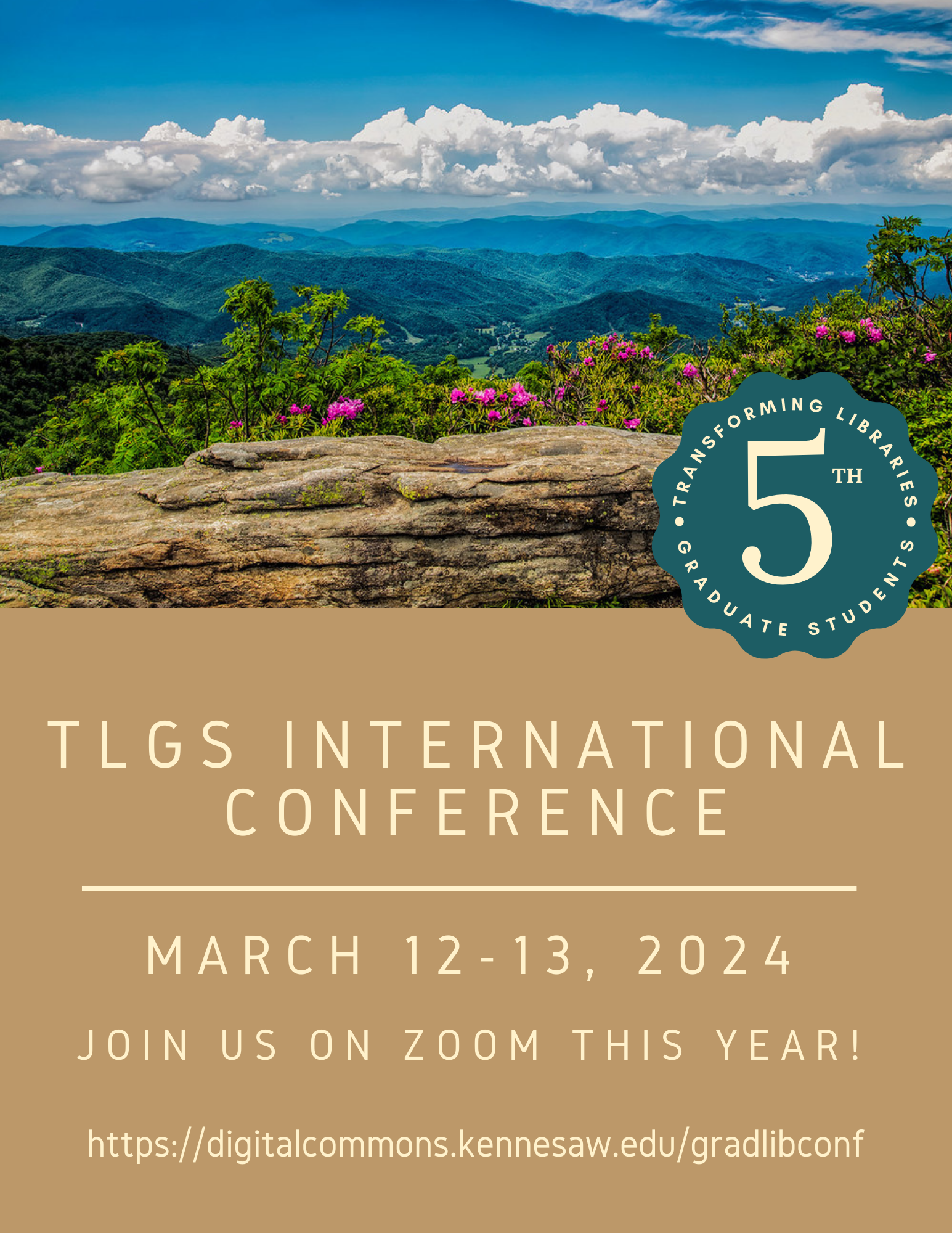Loading...
Start Date
3-12-2024 12:00 PM
End Date
3-12-2024 1:00 PM
Keywords
generative AI, literature reviews, productivity tools, ChatGPT
Description of Proposal
In the fast-evolving world of academia, it is not hyperbole to say that generative AI and algorithm-based productivity tools like ChatGPT, Research Rabbit, and LitMap are quickly becoming transformative forces, reshaping the way graduate students (among many groups) approach the research and writing of thesis/dissertation literature reviews. But while the plethora of possibilities engendered by generative productivity tools is in many ways remarkable, the technology itself can often be overwhelming—not only for the graduate students, but also for us as librarians and information professionals supporting independent researchers from any discipline. Indeed, the ever-growing number of AI tools on the market suggests that the era of artificial intelligence is here. For this reason, it is critical that we develop the skills necessary to provide support and guidance to the increasing number of graduate students engaging with these advanced technologies.
In this session, we will focus on providing librarians with the skills necessary to effectively communicate with graduate students about productivity tools enabling the creation of original research and writing. We will begin by presenting a structured framework (predicated heavily on established educational and LIS research) that can be used to categorize productivity tools. In a sense, this framework will provide librarians and other information professionals with a useful wayfinder that enables the diverse range of productivity tools available to be contextualized situationally, making them easier to understand. After discussing the framework, we will then explore a curated selection of AI/generative and other tools, showcasing their potential to facilitate various stages of independent and original graduate research. Finally, we will address the ethical and legal considerations entwined with the recommendation and implementation of these tools, thus fostering a culture of informed and ethical LIS research and practice. After attending this session, librarians will arguably have a better understanding of the tools that are out there, empowering them to match these tools with the specific needs of the graduate students that they serve.
Graduate Student’s Productivity Tools for Literature Review Research and Writing in the Age of AI
In the fast-evolving world of academia, it is not hyperbole to say that generative AI and algorithm-based productivity tools like ChatGPT, Research Rabbit, and LitMap are quickly becoming transformative forces, reshaping the way graduate students (among many groups) approach the research and writing of thesis/dissertation literature reviews. But while the plethora of possibilities engendered by generative productivity tools is in many ways remarkable, the technology itself can often be overwhelming—not only for the graduate students, but also for us as librarians and information professionals supporting independent researchers from any discipline. Indeed, the ever-growing number of AI tools on the market suggests that the era of artificial intelligence is here. For this reason, it is critical that we develop the skills necessary to provide support and guidance to the increasing number of graduate students engaging with these advanced technologies.
In this session, we will focus on providing librarians with the skills necessary to effectively communicate with graduate students about productivity tools enabling the creation of original research and writing. We will begin by presenting a structured framework (predicated heavily on established educational and LIS research) that can be used to categorize productivity tools. In a sense, this framework will provide librarians and other information professionals with a useful wayfinder that enables the diverse range of productivity tools available to be contextualized situationally, making them easier to understand. After discussing the framework, we will then explore a curated selection of AI/generative and other tools, showcasing their potential to facilitate various stages of independent and original graduate research. Finally, we will address the ethical and legal considerations entwined with the recommendation and implementation of these tools, thus fostering a culture of informed and ethical LIS research and practice. After attending this session, librarians will arguably have a better understanding of the tools that are out there, empowering them to match these tools with the specific needs of the graduate students that they serve.



What takeaways will attendees learn from your session?
Equip academic library professionals with the skills to effectively communicate and engage with graduate students regarding productivity tools tailored to their original research needs.
Introduce a practical framework for categorizing and understanding the diverse range of productivity tools available.
Demystify a selection of AI/generative and other tools that hold significant potential in aiding graduate students throughout their research journey.
Examine the ethical and legal considerations inherent in recommending and implementing these tools within an academic setting.